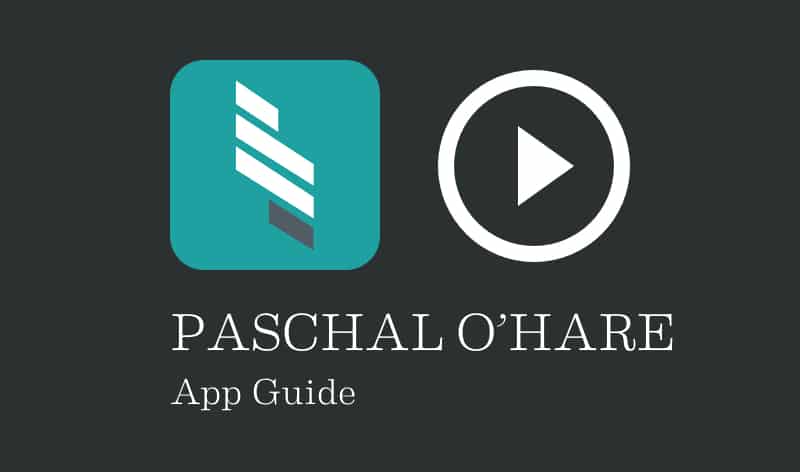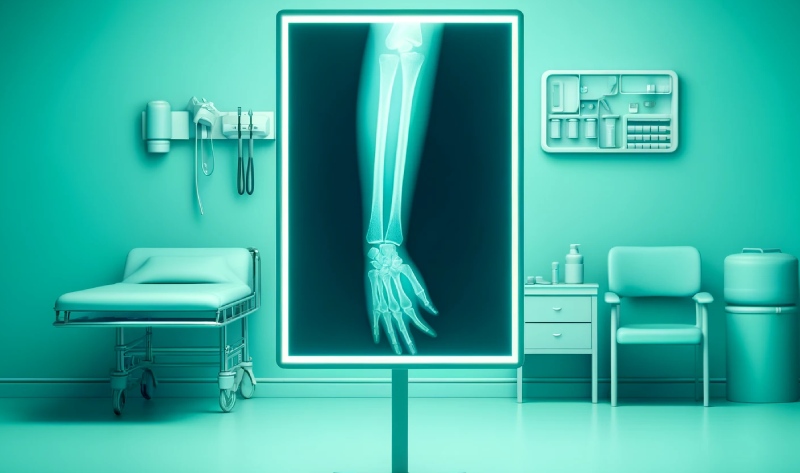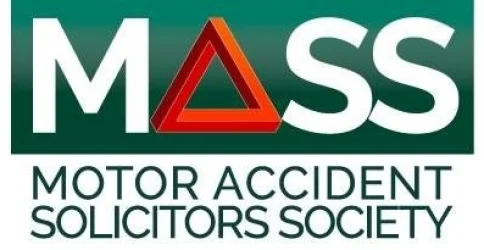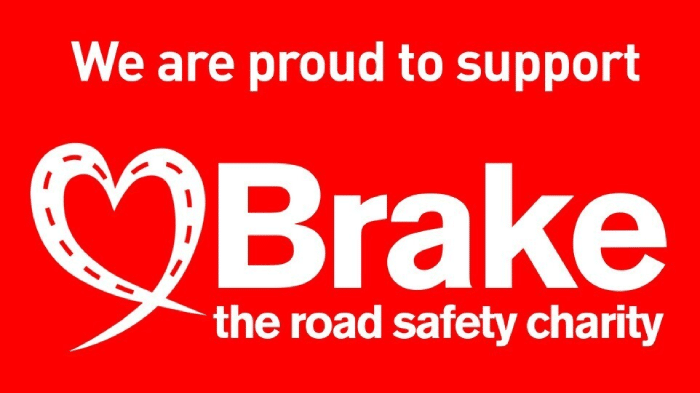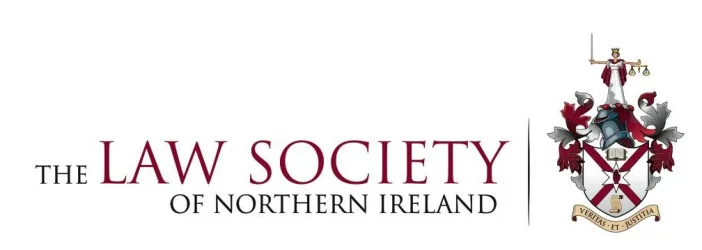Head injuries are some of the most serious injuries one can sustain. According to Headway, nearly 2,000 people in Northern Ireland sustain a brain injury every year. Even a minor injury can have significant physical and psychological impact, potentially changing someone’s life forever.
In our latest blog, we shed some much-needed light on this type of injury that affects many people across Northern Ireland. We identified common types of traumatic brain injuries, note some common symptoms, and highlight some types of accidents that are commonly associated with head injuries.
Common Types of Head Injuries
Head injuries are usually divided into two broad categories: closed head injuries, which occur when there is a rapid shaking of the brain inside the skull, and open head injuries, which happen when there is a break in the skull. The following are only a small assortment of the different types of traumatic brain injuries that fall into those categories:
Concussion – Concussions are the most common head injury. This occurs when the brain in shaken and bounces inside the skull. It is important to note that the head doesn’t necessarily need to be directly hit to sustain this injury. In fact, a significant blow to the body can also cause a concussion.
Brain Contusions – This is when there is significant bruising of the brain accompanied by minor bleeding. These injuries occur in around 25% of serious head injuries.
Skull fractures – A severe injury may cause the skull bone to break, directly cutting the brain and causing different types of injuries.
Intracranial hematoma – This is when blood collects or clots within the skull. It is very serious and it’s most commonly caused by the rupture of blood vessels.
What are some common symptoms of a head injury?
There is a range of different symptoms that may impact a person who suffers from a head injury. These include but are not limited to:
- Lightheadedness
- Dizziness
- Inability to focus
- Confusion
- Loss of balance
- Headache or fatigue that doesn’t go away
- Loss of consciousness
- Changes to behaviour
- Dilated pupils
- Memory loss
- Seizures
It is important that you seek immediate medical attention if you sustain a head injury or experience any of these symptoms.
What are some common symptoms of cognitive defects?
Many people suffer from cognitive impairment after sustaining a head injury or traumatic brain injury. It is common for individuals who suffer from mild or serious injuries to experience some of these symptoms:
- Inability to focus
- Restlessness
- Memory loss
- Language problems
- Difficulty processing or understanding information
- Impaired problem-solving skills
- Acting inappropriately or impulsively
What causes head injuries?
The following are commonly associated with serious head injuries:
Vehicle Accidents – Head injuries are the most common types of injury sustained in car and motorcycle accidents. These accidents typically involves a violent moment that particularly affects the head. An injury victim’s head may impact the steering wheel, window, or other objects.
Work Accidents – The workplace is filled with hazards that can cause head injuries. Many people who work in construction in particular are prone to suffer from traumatic brain injuries. Falling debris and structure collapse can cause serious head wounds that require medical attention.
Slip, trip, and fall – Tripping over a defective floor or uneven pavement can have devastating consequences. Even something as simple as a wet floor can cause an individual to slip and hit their head against a surrounding object.
We have been helping people that sustained head injuries for over 50 years. If you or someone you know had a head injury, please contact us today.

